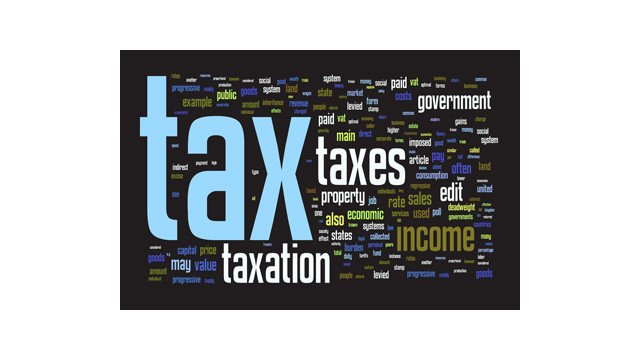By Kevin Cannon
Here are five things to remember when performing valuation of shares of a closely held entity for gift and estate tax reporting.
Changes in political leadership, such as those that have occurred at the federal level over the last several months, invariably lead to questions about possible changes in tax law. Although personal and corporate income taxation tends to receive most of the media attention, it’s important to remember that gift and estate taxes can also have a profound impact on an individual’s long-range financial planning. If an individual holds an interest in a closely held entity, careful consideration should be given to the valuation of this entity for gift and estate tax reporting purposes, and how this valuation will affect their tax burden.
When performing a valuation of shares of a closely held entity for gift and estate tax purposes, it’s important to keep the following five factors in mind:
1. Valuations for gift and estate tax purposes must follow the tenets outlined in IRS Revenue Ruling 59-60. First set forth in 1959, Revenue Ruling 59-60 outlines the approaches, methods, and factors to consider when valuing shares of a closely held entity where market quotations are either unavailable or based on scarce trades. The factors to consider under Revenue Ruling 59-60 are as follows:
- The nature of the business and the history of the enterprise from its inception.
- The economic outlook in general and the condition and outlook of the specific industry.
- The book value of the stock and the financial condition of the business.
- The earning capacity of the company.
- The dividend-paying capacity.
- Whether or not the enterprise has goodwill or other intangible value.
- Sales of the stock and the size of the block of stock to be valued.
- The market price of stocks of corporations engaged in the same or a similar line of business having their stocks actively traded in a free and open market, either on an exchange or over-the-counter.
2. With tax valuations, a great deal of emphasis is placed on the quality of the narrative report. This report should be detailed as to the approaches and assumptions utilized and should discuss how each of the Revenue Ruling 59-60 factors outlined above were considered.
3. Valuations of closely held entities should consider various approaches to value, which could include an income approach analysis via discounted cash flows, and the market approach via guideline public company and/or guideline transaction multiples.
4. Discounts applied in estimating the fair market value of the subject interest, which could represent a discount for lack of marketability or discount for lack of control, should be based on the facts and circumstances of the entity being valued, as well as the size of the block of shares being valued. Such discounts should have a basis in market-derived data.
5. The process of valuing closely held businesses for gift and estate tax reporting purposes isn’t a cookie-cutter, one-size-fits-all exercise. Great care and consideration should be given to the analysis, both quantitatively and qualitatively. Every business is different, and even with each business, different classes and blocks of shares have varying characteristics.
As the potential for changes in gift and estate tax law receives more attention, so too will the valuations of closely held businesses for gift and estate tax reporting. Individuals needing valuations for this purpose should be prepared with defensible, supportable analyses that can stand up to IRS review.
=========
Kevin Cannon is a Director in Opportune LLP’s Valuation practice based in Houston. He has 16 years of experience performing business and asset valuations and providing corporate finance consulting. His specific experience includes valuations of businesses and intangible assets for purchase price allocations, impairment, tax planning, and portfolio valuation purposes for companies in a variety of industries, including oil and gas, oilfield services, and industrial manufacturing.
Thanks for reading CPA Practice Advisor!
Subscribe Already registered? Log In
Need more information? Read the FAQs
Tags: Tax Planning





![kevin-cannon[1]](https://www.cpapracticeadvisor.com/wp-content/uploads/2022/04/kevin_cannon_1_.6089a38bc3e1e.png)